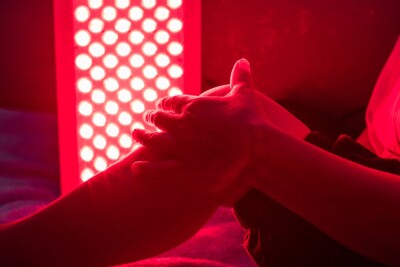Less than five hours of sleep liked to higher risk of chronic illness

A recent study found those who get less than five hours of sleep in mid-to-late life could be at an increased risk for multiple chronic illnesses.
The study, published in PLOS Medicine, was led by Severine Sabia, PhD, of the University College London (UCL) Institute of Epidemiology & Health in London, England. For their investigation, Sabia and her colleagues set out to determine the relationship between duration of sleep, mortality, and chronic disease.
Involved in the study were more than 7,000 men and women at the ages of 50, 60, and 70 sampled from the Whitehall II cohort study, which spanned over 25 years. Upon analysis of the data, researchers found that those aged 50 who got five hours of sleep or less each night were 20 percent more likely to be diagnosed with a chronic disease and 40 percent more likely to be diagnosed with multiple chronic diseases, compared to those who got seven hours a sleep or more.
In addition, results showed participants aged 50, 60, and 70 were 30 to 40 percent more likely to be diagnosed with two or more chronic illnesses over the course of the 25-year trial period. Sleeping five hours or less at age 50 was also associated with a 25 percent increase in mortality after the 25 years follow up, according to the study.
Conversely, a long sleep duration lasting more than nine hours a night was associated with a 35 percent increased risk of developing an addition chronic illness among participants who were already diagnosed with a chronic disease. However, researchers presumed this was due to underlying health conditions that impact sleep.
Researchers concluded that these findings indicate a relationship between short sleep duration and multimorbidity, highlighting the importance of a quality sleep schedule.
"To ensure a better night's sleep, it is important to promote good sleep hygiene, such as making sure the bedroom is quiet, dark and a comfortable temperature before sleeping,” said Sabia in a statement. “It's also advised to remove electronic devices and avoid large meals before bedtime. Physical activity and exposure to light during the day might also promote good sleep."




















SHARE